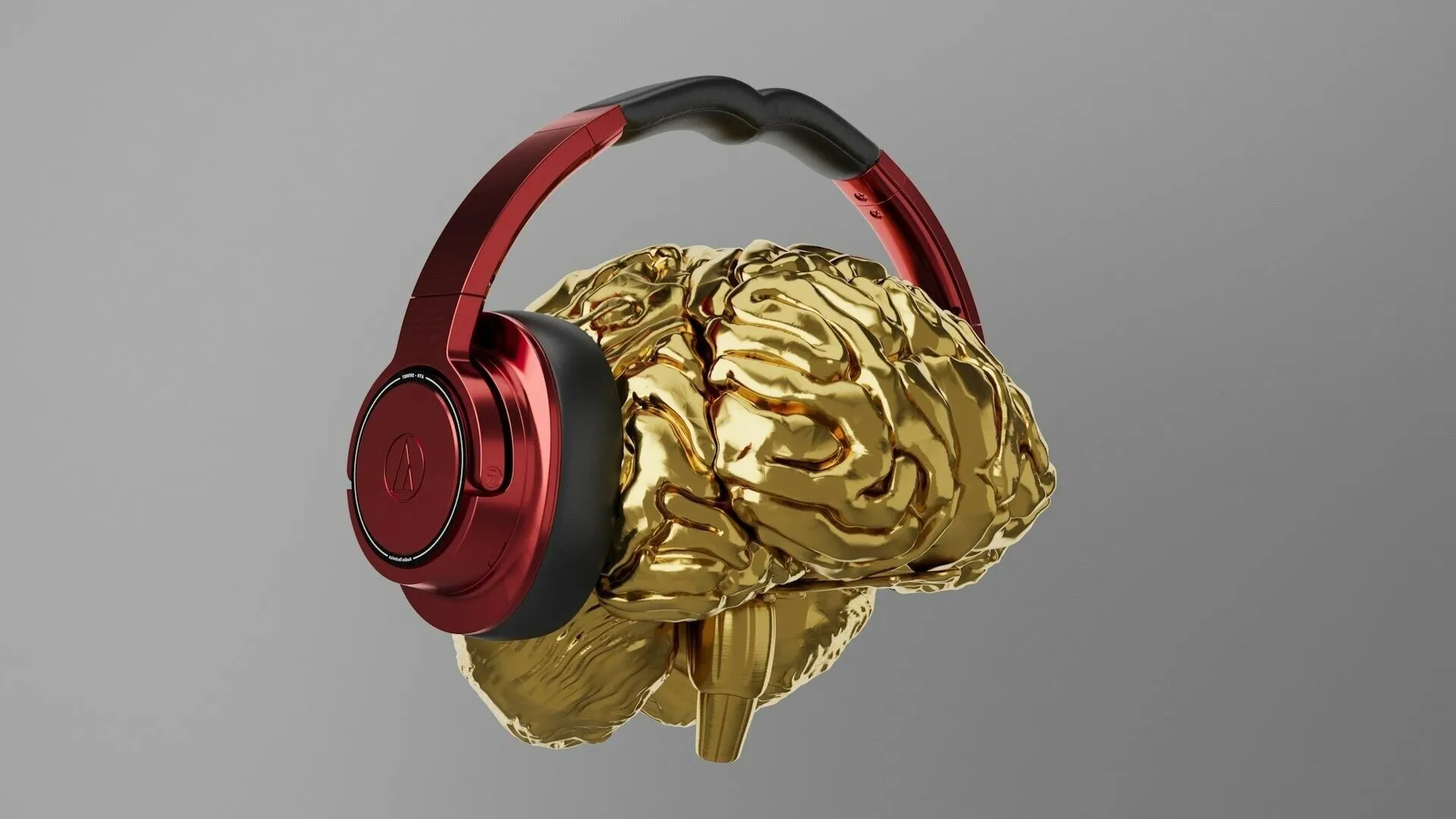Stephen Beech Reveals How Aging Brains Adapt to Remember Music

Innovative Research by Stephen Beech on Music and Aging Brains
Stephen Beech's recent study sheds light on the adaptive capacity of aging brains in relation to music. Using Johann Sebastian Bach’s compositions, the research investigates which areas of the brain remain resilient despite age-related decline.
Key Findings of the Study
- Music activates various cognitive pathways, facilitating memory retention even in aging individuals.
- Research highlights that certain melodic structures can enhance neuroplasticity, allowing older adults to engage deeply with music.
- Discoveries could lead to improved therapies for age-related cognitive decline.
Implications for Music Therapy
By understanding how the brain's response to music differs with age, healthcare professionals can tailor music therapy interventions to support cognitive health in elderly populations.
This article was prepared using information from open sources in accordance with the principles of Ethical Policy. The editorial team is not responsible for absolute accuracy, as it relies on data from the sources referenced.